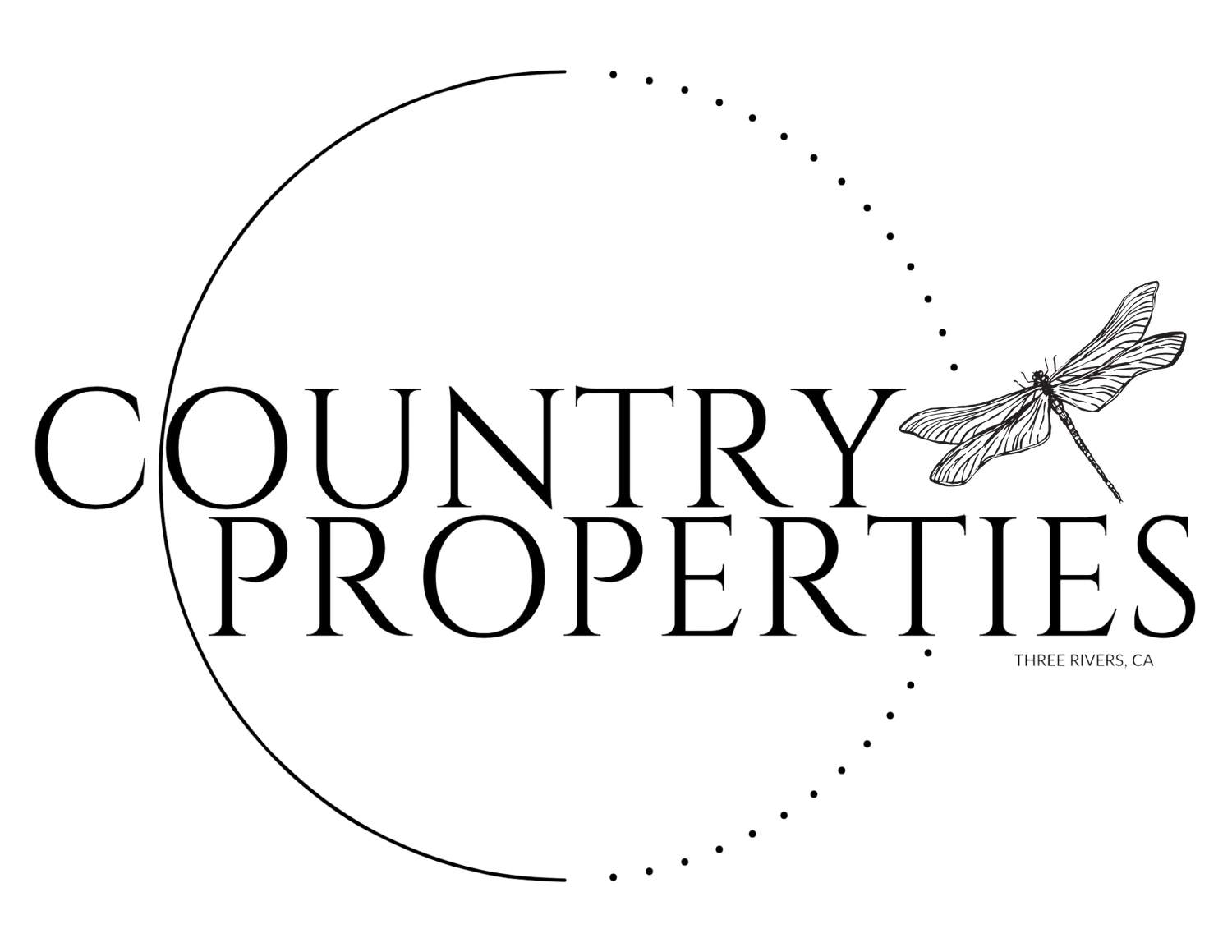
Real Estate Resources
-
Different Types of Loans
Today’s homebuyer has more financing options than have ever been available before. From traditional mortgages to adjustable-rate and hybrid loans, there are financing packages designed to meet the needs of virtually anyone.
-
Refinancing
Refinancing your home can be an excellent way to bring down your monthly mortgage payment, raise cash, or consolidate debts with high interest rates. However, you need to do your homework before deciding to refinance.
-
Leveraging Your Money
One of the greatest financial aspects of buying a home is the ability to leverage your money. Simply put, leverage allows you to use a small down payment and financing to purchase a larger investment.
-
Length of Your Mortgage
Deciding what length is best for you should be based on several factors including: your purchasing power, your anticipated future income and how disciplined you want to be about paying off the mortgage.
-
Closing Costs
The bundle of fees associated with the buying or selling of a home are called closing costs. Certain fees are automatically assigned to either the buyer or the seller; other costs are either negotiable or dictated by local custom.
-
Getting Your Finances in Order
A crucial step in starting your search for a new home is having a clear idea of your financial situation. By getting a handle on your income, expenses and debts, you’ll have a much better idea of what you can afford and how much you’ll need to borrow.
-
Your Credit History
As part of the loan application process, virtually all lenders will want to see a copy of your credit report. The report will list all your long-term debts (credit cards, mortgage payments, automobile and student loans, etc), as well as your payment history.
-
How Mortgage Loans Work
Excluding property taxes and insurance, a traditional fixed-rate mortgage payment consist of two parts: (1) interest on the loan and (2) payment towards the principal, or unpaid balance of the loan.
-
When to Pay Points
When it comes to comparing interest rates for a mortgage loan, homebuyers often have the option of choosing a loan with a lower interest rate by paying points. Simply put, a point is equal to 1 percent of the loan amount.
-
Adjustable Rate Mortgages
Adjustable-rate mortgages (ARMs) differ from fixed-rate mortgages in that the interest rate and monthly payment can change over the life of the loan. ARMs also generally have lower introductory interest rates vs. fixed-rate mortgages.
-
How much can you afford?
Understanding how much you can afford is one of the most important rules of home buying. Depending on your individual situation, your budget can affect everything from the neighborhoods where you look, to the size of the house, and even what type of financing you choose.
-
Mortgage Glossary
Familiarize yourself with terms related to the buying and selling process with this comprehensive list.


